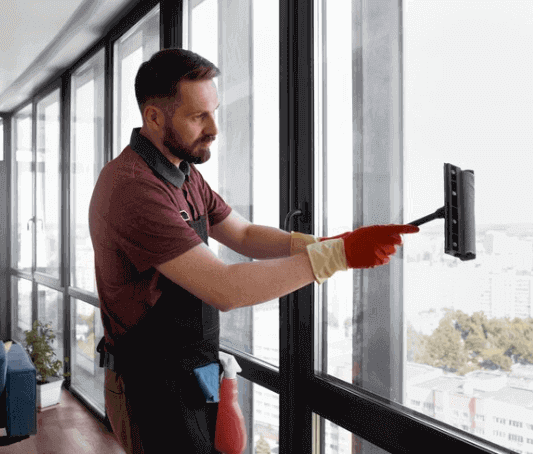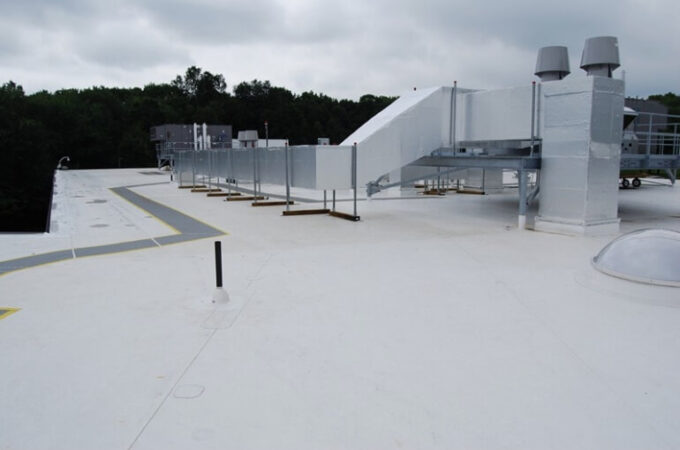
Disadvantages of Home Window Tinting: What are its hazards?
Homeowners are often drawn to the idea of window tinting for various reasons, but it’s crucial to understand the potential drawbacks before making a decision. Disadvantages of home window tinting are as follows:
1. Reduced Natural Light and Visibility
Window tinting, while effective at reducing glare and blocking harmful UV rays, can also limit the amount of natural light that enters your home. This reduction in daylight might impact the ambiance of your living spaces, making rooms feel darker and potentially affecting mood and productivity.
2. Aesthetics and Exterior Appearance
Installing window tints can alter the external appearance of your house. The chosen tint might not complement the architectural style or might clash with the neighborhood aesthetic. This can be a concern, especially in areas with strict rules governing exterior looks.
3. Legal Restrictions
Local regulations might dictate the darkness or reflectivity allowed for window films. Installing tints that don’t comply with these regulations could result in fines or, worse, a mandate to remove the tint entirely.
4. Health and Safety Considerations
Poorly installed window films can trap heat inside your home, raising indoor temperatures, particularly in warmer climates. Additionally, low-quality tints might emit volatile organic compounds (VOCs), impacting indoor air quality and potentially causing health issues for residents.
5. Maintenance Challenges
Maintaining tinted windows can be more complicated than regular windows. Cleaning them requires specific products and methods to prevent damage to the film. Any scratches or damages might compromise the effectiveness of the tint, necessitating expensive repairs or replacements.
6. Impact on Electronics and Wireless Signals
Certain types of metallic window films used in tinting can interfere with wireless signals, including Wi-Fi and cell phone reception. This interference might disrupt connectivity within your home, affecting the performance of electronic devices.
7. Voiding Manufacturer Warranties
Applying window tinting could potentially void the warranties on your windows. Manufacturers might not cover damages or issues related to the windows if modifications, like applying films, have been made.
8. Installation Challenges and Costs
Proper installation of window tinting requires skill and expertise. DIY attempts might lead to air bubbles, uneven application, or peeling over time, necessitating professional help or even reapplication, adding to the overall cost.
9. Reflection Hazards
Highly reflective window films can cause hazards, particularly for neighboring properties. Intense reflections from your windows might affect nearby homes, gardens, or even drivers on the road, leading to complaints or safety concerns.
10. Limited Lifetime of Tinting
One of disadvantages of home window tinting is that even the highest quality window tints have a finite lifespan. Over time, they can fade, peel, or lose effectiveness, requiring replacement or re-tinting, which adds to the long-term maintenance costs.
FAQs
- Does window tinting completely block out UV rays? While it significantly reduces UV rays, complete elimination is rare. High-quality tints can block up to 99% of harmful UV radiation.
- Can window tinting be easily removed? Removing window tint can be challenging and often requires special tools and expertise.
- Does tinting enhance home security? Tinting primarily enhances privacy but may not directly impact home security. It can discourage intruders by limiting visibility into your home.
- Does tinting affect a house’s resale value? It depends on various factors like installation quality and buyer preferences. Some buyers may appreciate the benefits, while others may see it as an extra cost to remove.
- Are specific tints suitable for different climates? Yes, some tints are more effective in different climates, offering better heat insulation or UV protection. Consulting professionals can help determine the best option for your climate.





